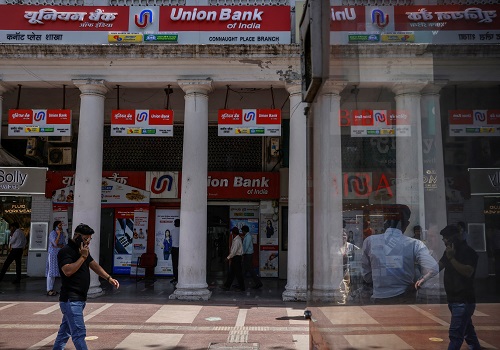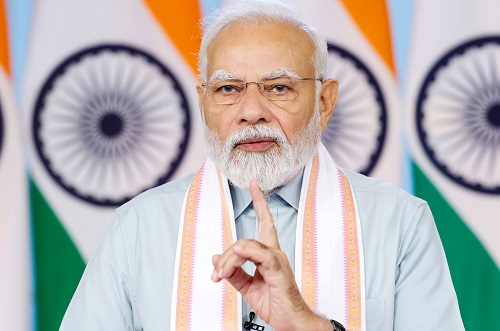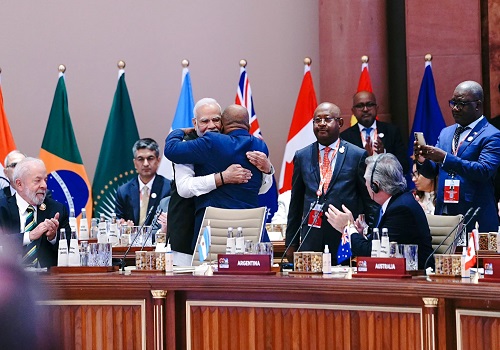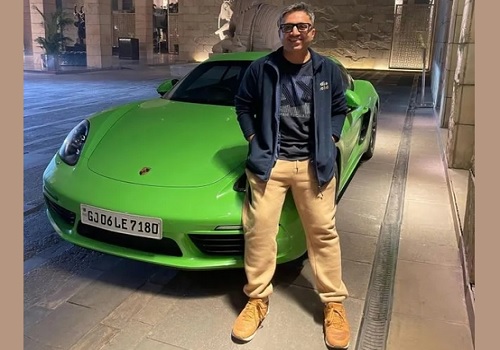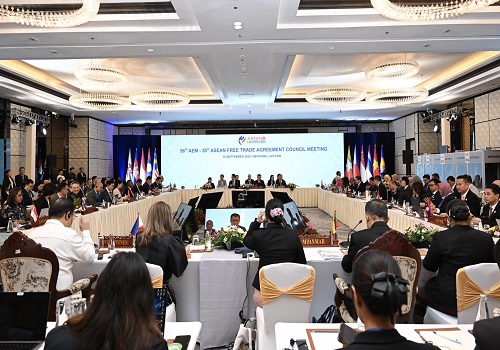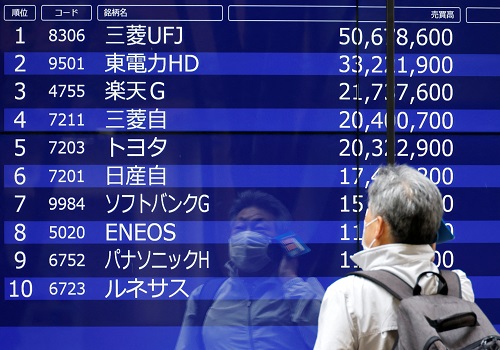Guterres calls on G20 finance ministers to find 'bold' solutions to debt crisis
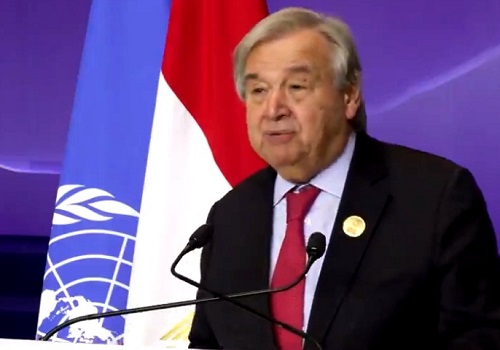
Follow us Now on Telegram ! Get daily 10 - 12 important updates on Business, Finance and Investment. Join our Telegram Channel
UN Secretary-General Antonio Guterres is asking the G20 finance ministers meeting in Bengaluru to take "bold" steps to reform the international development banks and find ways to solve the debt crisis facing several developing countries, according to his spokesperson Stephane Dujarric.
"The Secretary-General calls on the G20 finance ministers to be bold in their efforts to reform the multilateral development banks and in the effort to find solutions to pressing debt challenges through the debt roundtable," Dujarric said on Friday.
He added, "We think India's presidency of G20 is very important and we look forward to it."
G20 is the group of major industrialised and emerging economies that India is heading this year.
The economies of the global South hit hardest by the Covid pandemic were pummeled again by Russia's invasion of Ukraine that sent the prices of energy and food soaring.
Many developing countries, including Pakistan and Sri Lanka in South Asia, are teetering on the brink of an economic catastrophe and need international bailouts.
During his visit to India in 2022, Guterres launched one of his strongest critiques of the global system.
"The international financial system is morally bankrupt. It was devised by the rich to serve the interests of the rich. It is the moment to change it," he said in Mumbai.
He has emphasised the need to reform the international financial system, especially the multilateral development banks like the World Bank and the International Monetary Fund.
Earlier this month, laying out before the General Assembly his priorities for the year he listed the debt crisis as one of the problems needing immediate attention and called for "a new debt architecture that encompasses debt relief and restructuring to vulnerable countries, including middle-income ones in need".












 320-x-100_uti_gold.jpg" alt="Advertisement">
320-x-100_uti_gold.jpg" alt="Advertisement">




